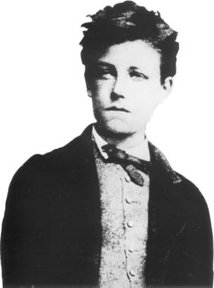In the health section of the Times I stumbled upon this beautiful paragraph, written by Abigail Zuger:
‘“A poet,” James Dickey once said, “is someone who stands outside in the rain hoping to be struck by lightning.” But what about the obvious follow-up question, regarding people who happen to be out in the rain and happen to be struck by lightning? Should each of them then become a poet — or perhaps the author of a slim volume of nonfiction?
The general consensus these days seems to be yes, absolutely. Hence the outpouring of health-related memoirs by hapless targets of violent celestial wrath: the cancer survivors, the rare-disease survivors and the transplantees; the abused, the depressed, the addicted; the obese and the anorexic; the weathered veterans of lifelong health misery and the startled victims of a single bolt from the blue. Not to mention their friends and relations.
Few of these efforts rise to the level of great literature, but that may be beside the point. Should memoirs of illness be held to the same standards as other writing? Or do reader and writer form a different relationship when the health crisis of one becomes the theater of the other, a relationship in which a reviewer has very little business meddling?
After years spent in the company of the sick, I know one thing for sure: there is no story out there that is not a great story. Every single one contains enough pathos, courage, comedy and surprise to power it right to the top of the charts. (This is hardly an original insight: a whole new area of graduate study titled “Narrative Medicine” is based on exactly this premise.)’
I had never heard of James Dickey and what exactly is “Narrative Medicine”?
I guess this is the human condition: we are all – poet or not – hoping to be struck by lightning and we call the waiting period “Narrative Medicine”.
